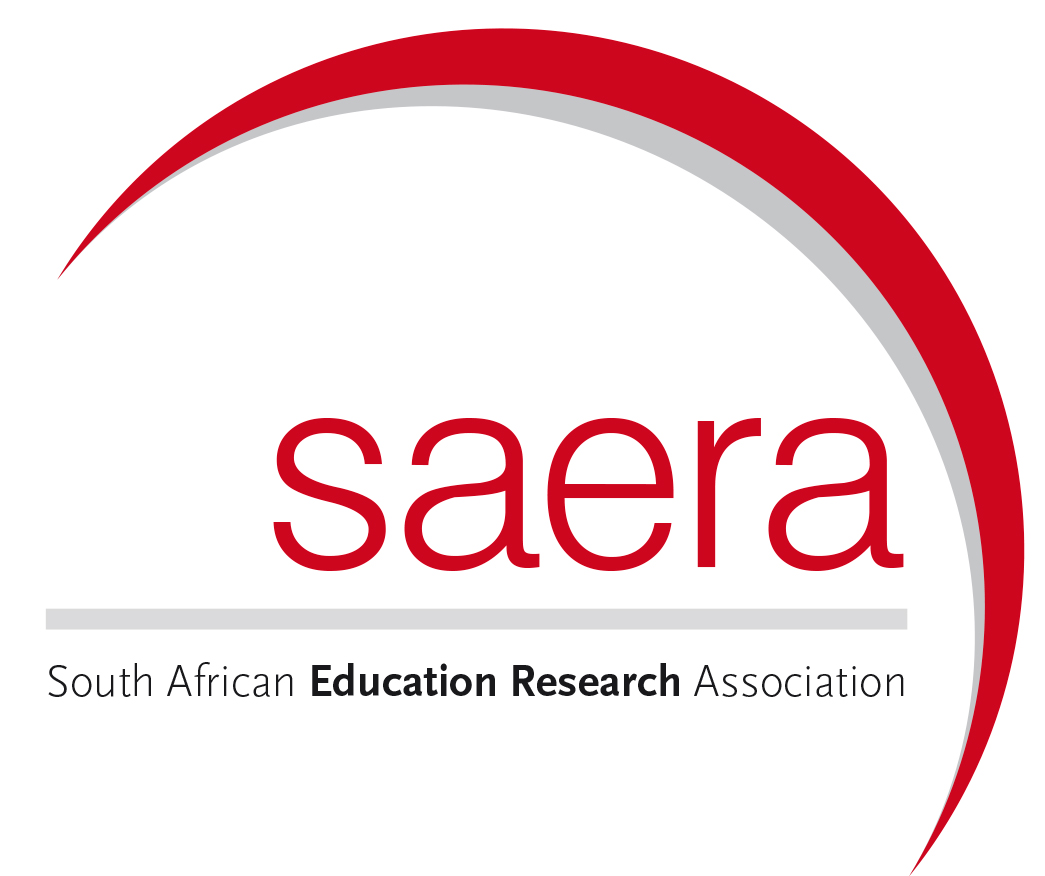Original Research
Decolonising and transforming curricula for teaching linguistics and language in South Africa: Taking stock and charting the way forward
Submitted: 31 March 2022 | Published: 17 February 2023
About the author(s)
Mark De Vos, Department of Linguistics and Applied Language Studies, Rhodes University, Makhanda, South AfricaKristina Riedel, Department of Linguistics and Language Practice, Faculty of Humanities, University of the Free State, Bloemfontein, South Africa
Abstract
The #RhodesMustFall (RMF) protests at South African universities (2015–2018) were the publicly visible manifestation of deep epistemic problems in the higher education (HE) sector, particularly around questions of whose knowledges are validated and whether these are reflective of students’ lived realities. This exploratory research attempted a snapshot of the state of curriculum transformation of the linguistic language disciplines in South Africa and to identify areas that require more attention. The authors focus on curriculum underpinning the teaching of linguistics and language-related disciplines. The study takes place at HE institutions in South Africa against the backdrop of substantial academic and public engagement around epistemic access in the HE sector. The authors used an anonymous questionnaire distributed among a purposive sample of 32 HE academics within the linguistics and language studies disciplines to elicit views around university curriculum transformation and decolonisation with particular focus on linguistic language disciplines curricula. Generally, practitioners indicate that there have been substantial changes in the disciplines over the past 10 years. There have also been notable achievements with respect to building broad curricula that are responsive to student needs and which balance the need to equip students to engage in global conversations while also being embedded in the contextual realities of South Africa, the African continent and students’ lived experiences.
Contribution: The authors conclude that although transformation has progressed considerably in key areas, the representativity of languages and theoretical approaches remain areas for development. The authors also highlight how disciplinary curricular choices are value-driven and that contestations around which values are to be validated may inhibit curricular transformation. In these contexts, individual agency around curricular choices is important.
Keywords
Metrics
Total abstract views: 2758Total article views: 2018
